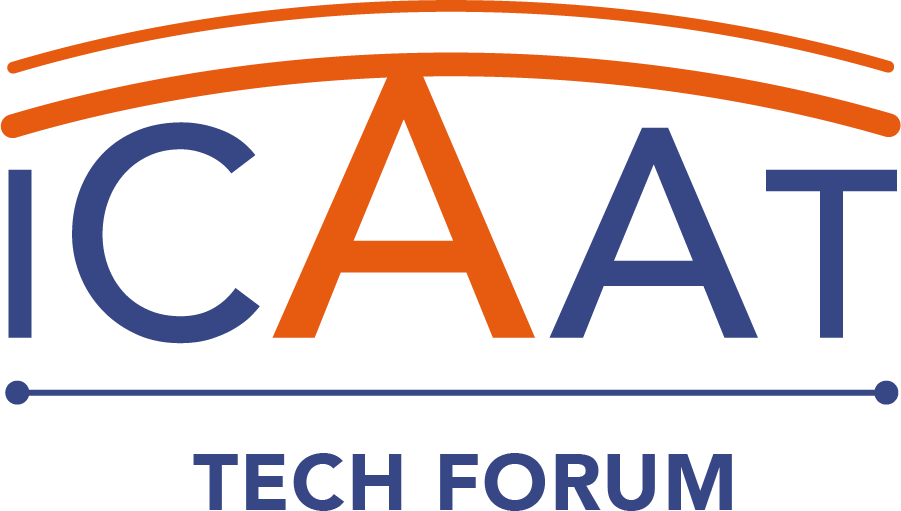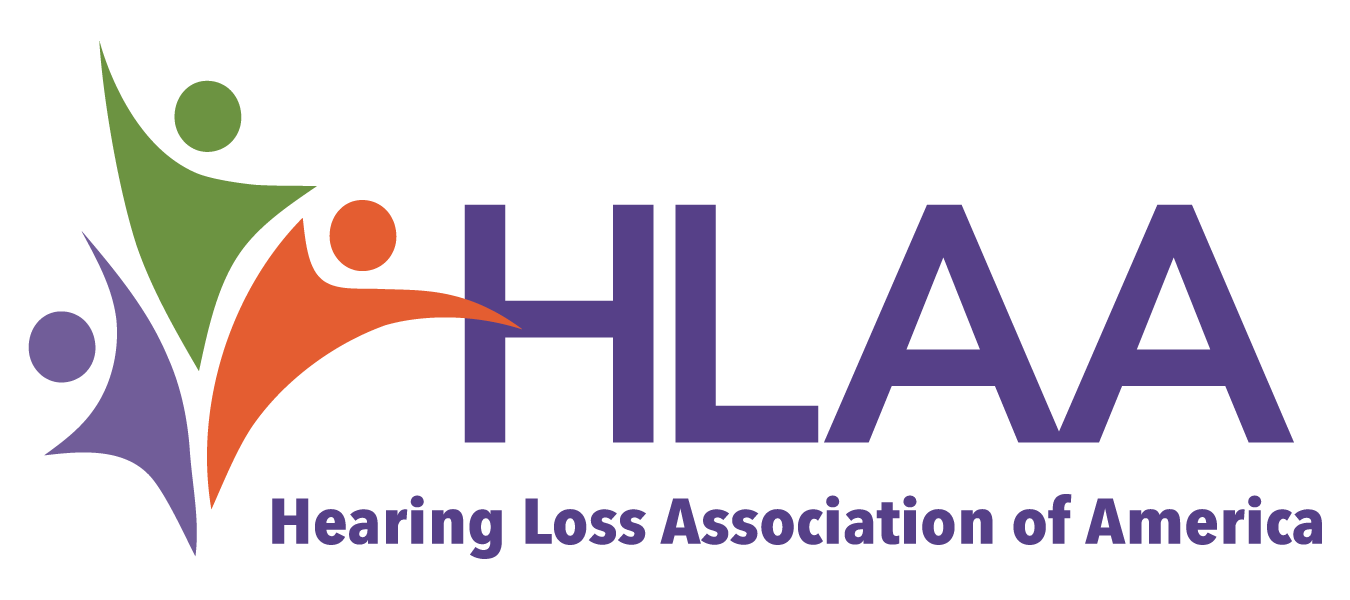There are important differences in how people in this large, varied consumer community view identity and prefer to communicate.
Language and words related to identity matter and can be tricky to know how to use. Sometimes you must make a judgment call about how you address identity and which related words you choose to use. While you may not satisfy everyone’s preferences, you can become familiar with terms that are generally accepted within the community, as well as those that are not.
Some individuals consider themselves members of the Deaf community, with a unique culture and language. These individuals typically use sign language as their primary language and consider deafness a difference of experience rather than a limitation. Members of the Deaf community may identify as “deaf or hard of hearing.” The word deaf is capitalized (Deaf) when referring to this community to reflect and recognize the shared culture and experiences of its members.
Other individuals view their identities differently. These individuals prefer to or may only communicate using spoken language and are strongly interested in maximizing hearing through personal and assistive technology use. They are more likely to be people who developed their hearing loss as an adult; hence they tend to use people-first language and identify as “people with hearing loss.” Hearing status and communication preference are not necessarily related to their identity in the same way or to the same degree as they are for members of the Deaf community.
As with everything, there are exceptions to these generalizations. Some people may consider themselves members of the Deaf community, use hearing technologies and switch between the use of sign language and spoken communication depending on the situation. Using "individuals with hearing loss, deaf, and hard of hearing" as the language and words in your communications with consumers you want to recruit bridges the various constituencies within this diverse community.
Likewise, there are terms that are generally either considered offensive or inappropriate by this community. We suggest you avoid using the term "hearing impaired." We also suggest you avoid the term "normal" hearing. Instead, we suggest simply using the term "hearing" if you are interested in recruiting hearing individuals along with individuals with hearing loss and deaf or hard of hearing individuals for your product development and testing work.
If you are working with a particular consumer organization, such as the Hearing Loss Association of America (HLAA), the National Association of the Deaf (NAD), or Telecommunications for the Deaf and Hard of Hearing, Inc. (TDI), they can provide guidance with regard to identity terminology and the communication preferences of their constituents. The best practice, because each consumer is a different individual, is to directly discuss with participating consumers their communication access needs and preferences for the particular meeting or event you are hosting.




